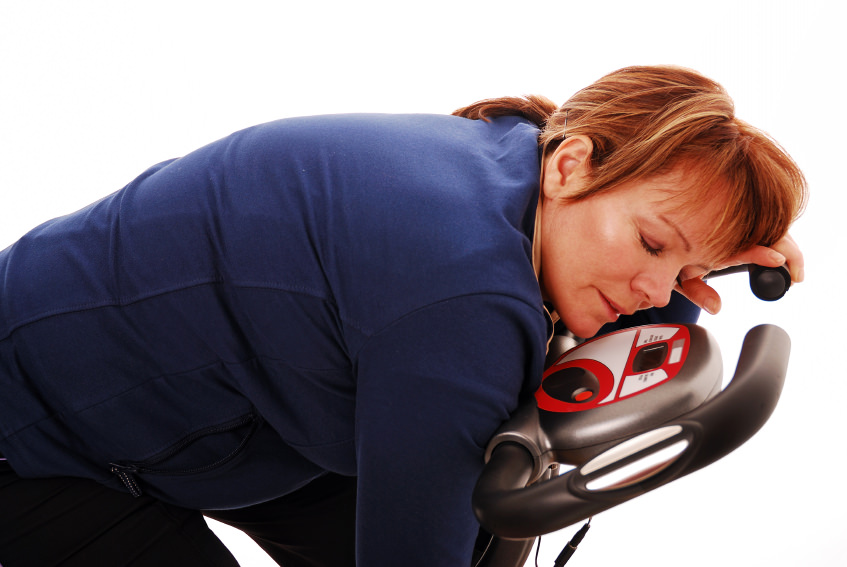Should You Exercise When You Are Sick?
You have all the best intentions – you’ve started your healthy eating diet plan or a new exercise routine and you have some great goals to achieve but then you come down with a virus or a cold.
Should you continue on with your new healthy plan and how do you get back on track if you have to take some time out?

When it comes to eating healthily and illness, nothing needs to change.
Eating healthy, nutritious meals will be extra beneficial when you’re not well as you’ll be fuelling your body on all the right nutrients, vitamins and minerals it needs to recover faster. So there’s no need to pause your healthy meal plans when not well.
When it comes to your exercise routines, the first thing to remember is to listen to what your body is telling you. If you feel really terrible and exhausted from a cold, flu or other illness then don’t push yourself. Taking time out from exercise routines is important to ensure you can recover quickly.
10 Tips To Consider When Unwell And Trying To Follow An Exercise Plan:
1. If you feel you have a basic cold then you can continue to exercise as normal but if you feel extra tired or worse after your workout then cut back – take a few days off or reduce your routine to 50 percent of your usual capacity.
2. You could consider less strenuous exercises, e.g. a short brisk walk to get some fresh air to help you recover, rather than a full session on the treadmill.
3. A good rule of thumb is the “above the neck rule”. If your cold/flu is mainly in your head – runny nose, dry cough, sneezing etc, then you should be fine to continue your exercise as long as you listen to your body and take time out when needed.
4. If your illness is below the neck – in the chest, stomach aches, muscle pains etc then you should take some time out from exercising to recover well.
5. If you have a fever or are wiped out with fatigue then get plenty of rest, drink lots of water and don’t worry about missing out on your exercise for a few days as it’s important to recover fully.

6. Listen to your body to decide when you’re ready to get back into your fitness plan. Don’t go 100 percent for the first three or four days. Start at 75 per cent of your normal workout (for both cardio and weights) and increase gradually for the first week or so. If you try to get back into to it too soon you may have a prolonged recovery phase.
7. Don’t feel guilty if you’ve had to miss out on your regular exercise, it’s important to give your body time to get better.
8. You can easily get back on track to achieve your weight loss and fitness goals by adding a few extra days to your fitness plan or challenge or just returning to your usual exercise routine.
9. You don’t need to make up for missed exercise sessions – if you overtrain once you’re feeling healthy again, you’re more likely to injure yourself, get sick again or lose the motivation to continue with your routine as you’re doing it too often.
10. Having a few days off won’t stop you from reaching your goals, it may just delay them slightly (but only by a few days). Get back to your daily exercise plan as soon as possible after a break so you continue the healthy habit – the longer you delay it, the harder it is to continue your good work.









